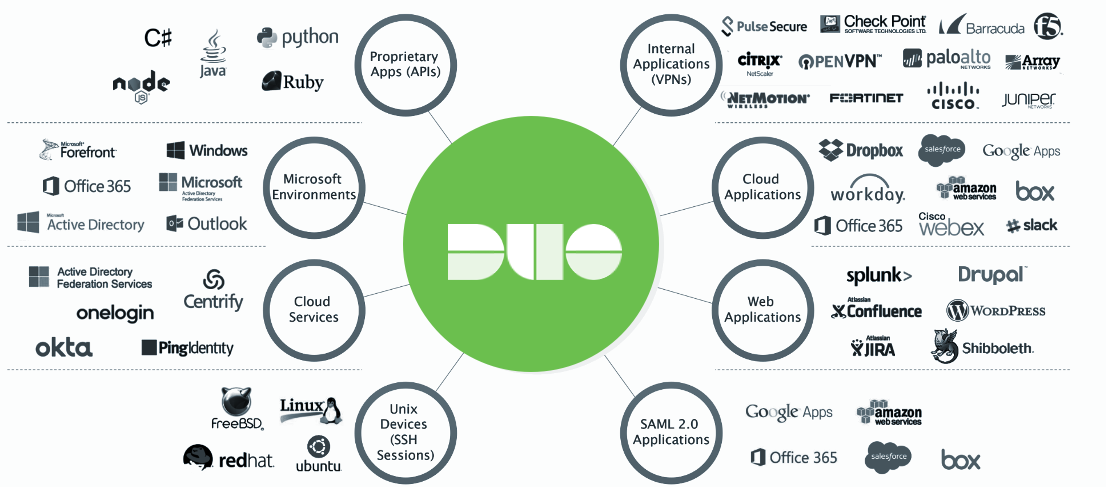The worldwide price of cybercrime in 2023 was set to hit 8 trillion U.S. {dollars}. The monetary trade is a first-rate goal as the speed of ransomware assaults has almost doubled (64%) since 2021. Monetary establishments are defending towards cybersecurity assaults by having a robust infrastructure that is ready to implement a zero belief coverage. This cornerstone of a zero belief coverage relies on having an thought of who or what the top system is that’s requesting entry.
Conventional password methods, whereas easy, are out of date. Human components on password reuse and complexity, coupled with intensive password breaches, have neutralized their safety effectiveness. Having a multi-factor system, and understanding context of the request (location, time, and many others.) is essential to laying the groundwork for with the ability to belief. To make sure good safety hygiene, quite a few regulatory our bodies have instituted laws that implement monetary establishments adoption of multi-factor methods to guard not solely the top consumer of their monetary merchandise, but additionally to guard the core of the monetary system. In locations the place federal laws weren’t robust sufficient, states have taken the lead, with New York and California passing comparable state mandates that monetary establishments or corporations that “considerably interact in monetary actions” should use Multi-Issue Authentication (MFA) to guard their information.
Cisco Duo helps monetary establishments safe their clients information and meet these regulatory necessities. Hundreds of economic establishments are at the moment utilizing Duo as a MFA resolution to maintain their most trusted sources, their clients wealth, protected.
A key benefit of Duo is it helps with the widespread safety problem, loads of safety controls don’t get carried out due to complexity for the top consumer or lack of scalability. Duo stands out as a result of it’s each extraordinarily user-friendly and extremely scalable, confirmed by its widespread adoption in academic settings and by directors managing a number of the trade’s greatest multi-tenant cloud environments. Its effectiveness is clear—it merely works. Moreover, Duo’s intensive integrations make the most of standards-based protocols, making the answer easy and accessible for builders to work with as nicely.
An instance of the intensive capabilities and integrations of the Duo platform is proven beneath within the graphic.

Among the laws that may be glad by Cisco Duo embrace:
- Cost Card Business Information Safety Normal (PCI DSS): Requires MFA to be carried out as outlined in Requirement 8.3 and its sub-requirements. (PCI, 2017)
- FFIEC: Gives steering on utilization of MFA for shoppers.
- Funds Service Directive2 (PSD2): Robust buyer authentication requires use of MFA.
Lately Cisco Duo supplied focused suggestions on how clients can assist apply CISA’s steering across the scattered spider cybersecurity group. Making a protection in-depth and 0 belief structure requires a safe resolution that continues to be user-friendly for the top consumer. Cisco Duo helps monetary establishments obtain their safety compliance and defend themselves as a part of a protection in-depth technique.
Listed below are further hyperlinks on regulatory steering round MFA.
Share:















